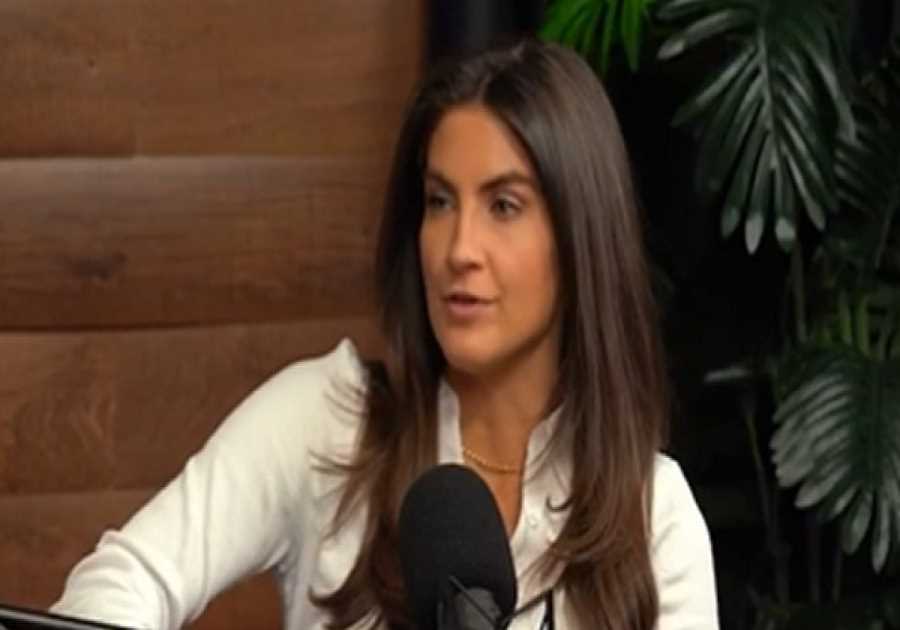Courtesy of the author
- My mom is from Portland, Oregon, and my dad is from Nagano prefecture in rural Japan.
- I'm what's called "hafu" in Japan: children of parents from different cultures.
- I'm grateful they raised me bilingual.
"So are you…?" is a common interruption when I'm speaking with someone in English in Japan. Rightfully so — I have an American accent, I'm fluent in English and Japanese, and I look racially ambiguous.
I am what is called "hafu" in Japan, a term used for children who are part Japanese or for people who are multiethnic more generally.
Curiosity is important, but explaining your life story to emphasize that you are equal parts of both cultures can be exhausting.
My mom is American, and my dad is Japanese
I was born and raised in Tokyo to an American mom and a Japanese dad. My mom is from Portland, Oregon, and my dad is from rural Nagano prefecture. They met in New York while they were in grad school — some teacher was playing Cupid, and they got together. My mom wanted to teach English abroad, and it so happened that she was dating a Japanese guy, so she moved to Japan.
When I was growing up, the common language in the household was English. My dad was strict when it came to education. I went to a Japanese school my entire education up until university.
I was raised bilingually
My parents were deliberate about the language we used in the house; I think they feared I might forget English. My teachers and friends all spoke Japanese, so I see how it could've happened.
My parents talked to each other in English, so I was naturally exposed to it, and when I spoke in Japanese they would say "What is it in English?"
My mom speaks relatively fluent Japanese now, but growing up I felt a need to take care of her in terms of translation. She couldn't read the school letters I received, so I had to tell her what they said; if I didn't, she wouldn't know when she needed to be at school for parents day or when she needed to pack lunch for a school trip. I think subconsciously I worried I'd fail my mom and myself if I weren't fluent in both — I felt responsible for both of us.
Being raised interculturally can be hard
Growing up as a hafu in Japan took a lot of effort. It added complexity on top of an already unequivocal culture code requiring you to behave and to value certain rituals.
I already felt out of place because of how different I looked from the other kids — wavy hair, lighter skin tone, and a slightly different body type — but I tried to compensate for those differences through my intellectual understanding of the culture. Sadly, it just was never enough.
I learned not to stick out and to familiarize myself with the cultural rules like staying quiet in public spaces or not eating while walking on the street. No matter how much I tried to learn the code of ethics, it seemed impossible for the rest of Japan to consider me as Japanese regardless.
I was bullied when I was about 9 years old for being hafu. A couple of boys started to pick on me at an after-school program. One day, when I was having lunch that my mom prepared for me, I was eating the Nature Valley crunchy granola bar at my desk. The boy would point at me and say, "Ew, what is she eating." It was the same story you might hear from children of immigrant Asian parents in America, but flipped.
Then, in my teens, I suddenly became a popular kid. Everyone wanted bigger eyes, lighter hair color, or even freckles as I did. I became a commodity, and it was cool to be me.
I was Japanese but foreign in equal measure, and it confused people including me, but it also fueled my desire to become fluent not just in language but also in culture, and for that I'm grateful.
Read More
By: [email protected] (Megumi Koiwai)
Title: My mom is American, and my dad is Japanese. I loved being raised interculturally in Japan, even when it was hard.
Sourced From: www.businessinsider.com/raised-in-japan-american-mom-japanese-dad-2024-1
Published Date: Tue, 09 Jan 2024 14:35:01 +0000
.png)





